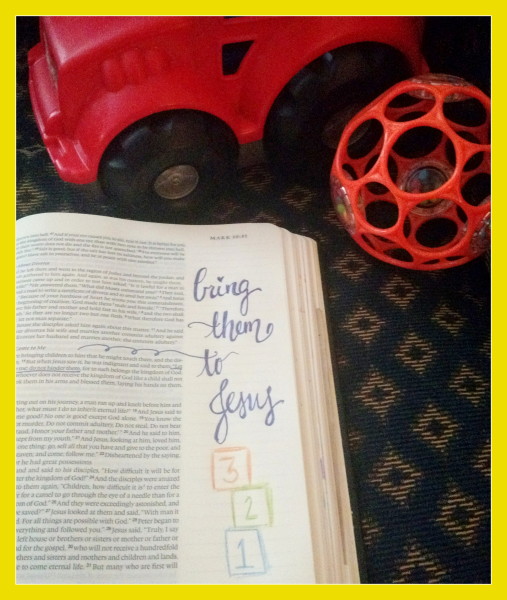As my kids get older, I think I start to notice all of my expectations of parenting get washed away. When I was growing up, we lived in a neighborhood with mostly family, went to a small church where we really only interacted with 1-2 families, and I went to a Christian school and really don’t remember doing things as families with anyone. Of course we had friends, but it wasn’t essential in our upbringing to surround ourselves with community and family.
When I get to college that all changed for me. I surrounded myself with families and loved them and learned so much, but it wasn’t until 20 years later that I had a family of my own.
I now want to do a couple of things in family/parenting life:
- Make sure my mister and I are always on the same page especially in our calendar and parenting. This is so crucial to success.
- Surround ourselves with those who are ahead of us, but also with us in our stage of parenting - and who share similar grace and parenting styles. Community is so important.
- Pour grace into my husband and my children. I think the main way I do this right now is through asking forgiveness each time I do something wrong (which is often).
In Total Family Makeover, Melissa Spoelstra, tackles some important topics on how you can work toward a more discipleship centered home - because isn’t this our most important task as parents - to raise those who will Lord-willing seek after God because of HIs grace?
If you normally don’t read book introductions, read this one. She hit the nail on the head. Sundays are usually the day I feel the worst as a parent. My kids disobey walking into church, or don’t obey me in childcare, or always need discipline. While seemingly most around me have perfect children and I feel are always looking at my with disdain or disapproval. I know this isn’t the case, but I always feel like a failure. She tackles this and is so encouraging.
The areas of discipleship she highlights in this practical book: praying together, Bible time, mentoring, church community, serving, rest, giving, and evangelism. All of these are personally important, and definitely are important for your family.
My one suggestion = read this book. Maybe read it with your husband, or just give him your takeaways. Pray together and see which area you can tackle first. Its like if your house is a mess and you try to clean the whole things at once, you’ll get discouraged. I would start with one thing and then go on to the next. You’ll see God reward your obedience in these areas with success and grace. He wants our families to be more Christ-like! He is for you in this endeavor!
This post is sponsored by Litfuse who gave me the book. All opinions are my own. And you can win a great prize pack for a fun family night (think free pizza and books and games!) Enter here

